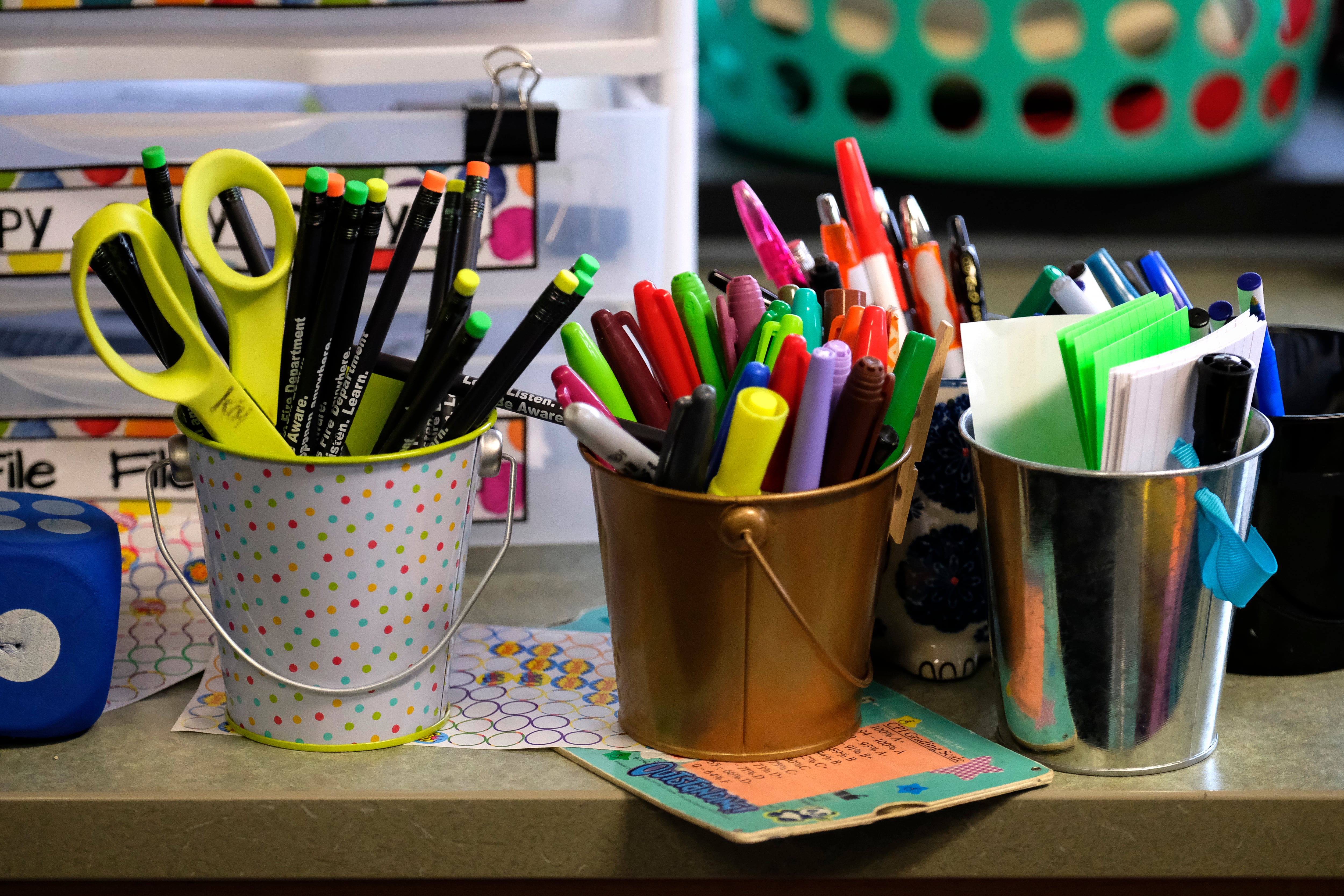Dozens of Indiana charter and private schools received substantial federal relief funds aimed at helping small businesses through the coronavirus crisis, according to a partial list released Monday by the federal government.
Among them: Christel House Academy, a K-12 and adult high school charter network in Indianapolis, received from $2 million to $5 million in federal Paycheck Protection Program funding for its 180 employees.
Some other charter schools received from $1 million to $2 million, including 21st Century Charter School at Gary, Herron High School, Irvington Community School, and Tindley Accelerated Schools.
PPP loans presented an additional opportunity for federal relief funds for charter schools — which are publicly funded, tuition-free, and independently run by nonprofits — and private schools. The forgivable loans, aimed at maintaining payroll, weren’t available to public school districts. (Chalkbeat is also a nonprofit and received federal paycheck protection funding.)
Some charter schools that applied for the program met an outcry since they were still receiving public funding and some take in hefty donations from wealthy benefactors. But in Indiana, charter supporters contend that those schools receive less public money than do traditional districts, since charter schools don’t get a cut of local property tax revenues.
Like other schools, charter schools are facing high expenses for reopening classrooms during the pandemic and uncertainty over how they could be affected by budget cuts. All schools — district, charter, and private — are sharing other federal coronavirus relief funds earmarked for education, though how they split it has also stirred controversy.
Before the federal government released Monday’s list of nonprofits and businesses receiving at least $150,000 in PPP loans, it was unclear how many charter or private schools had benefited from the federal funds unless they publicly disclosed the amounts. The list only included ranges for the loan amounts, not exact figures, and organizations receiving less than $150,000 were not named.
Several charter schools that partner with Indianapolis Public Schools accepted PPP loans, including Ignite Achievement Academy and Matchbook Learning, which took over management of struggling district schools. Purdue Polytechnic High School and Herron also operate under the district’s umbrella. Known as “innovation schools,” these schools are independently run through contracts with the district, and their enrollment and performance count as part of IPS.
The list includes nearly 12,000 Indiana businesses receiving portions of the $521 billion distributed so far in PPP loans. Several private schools got loans of $1 million to $2 million, such as Bishop Chatard High School, Brebeuf Jesuit Preparatory School, Heritage Christian Schools, International School of Indiana, Roncalli High School, and The Oaks Academy.
Other education groups also benefited from PPP dollars, including Early Learning Indiana, an early childhood advocacy group and child care provider; the Central Indiana Educational Services Center, a nonprofit hub supporting schools; EdChoice, a group that backs school vouchers; and The Mind Trust, a charter advocacy group. (EdChoice is a supporter of Chalkbeat.)





